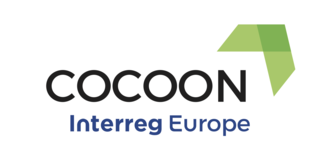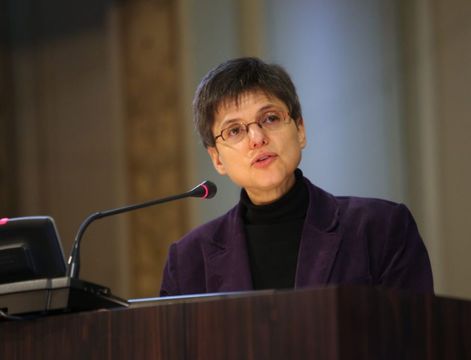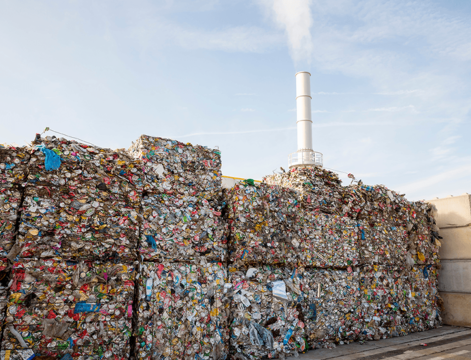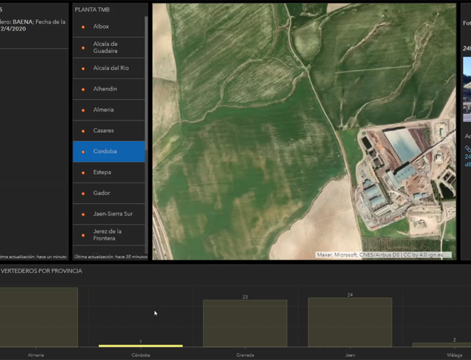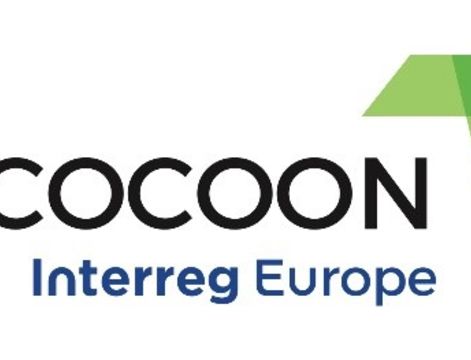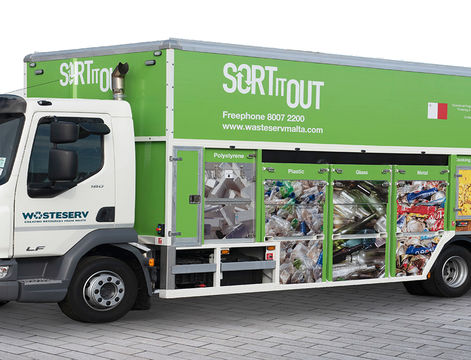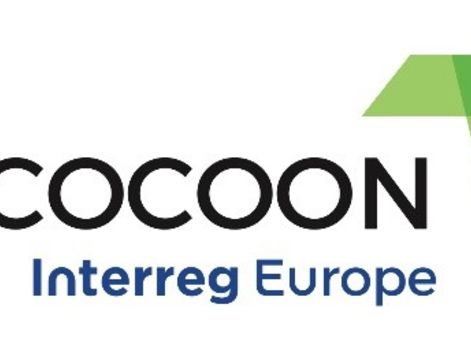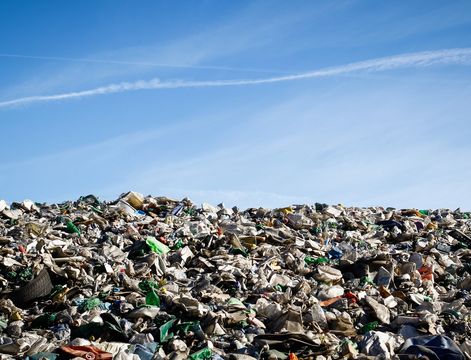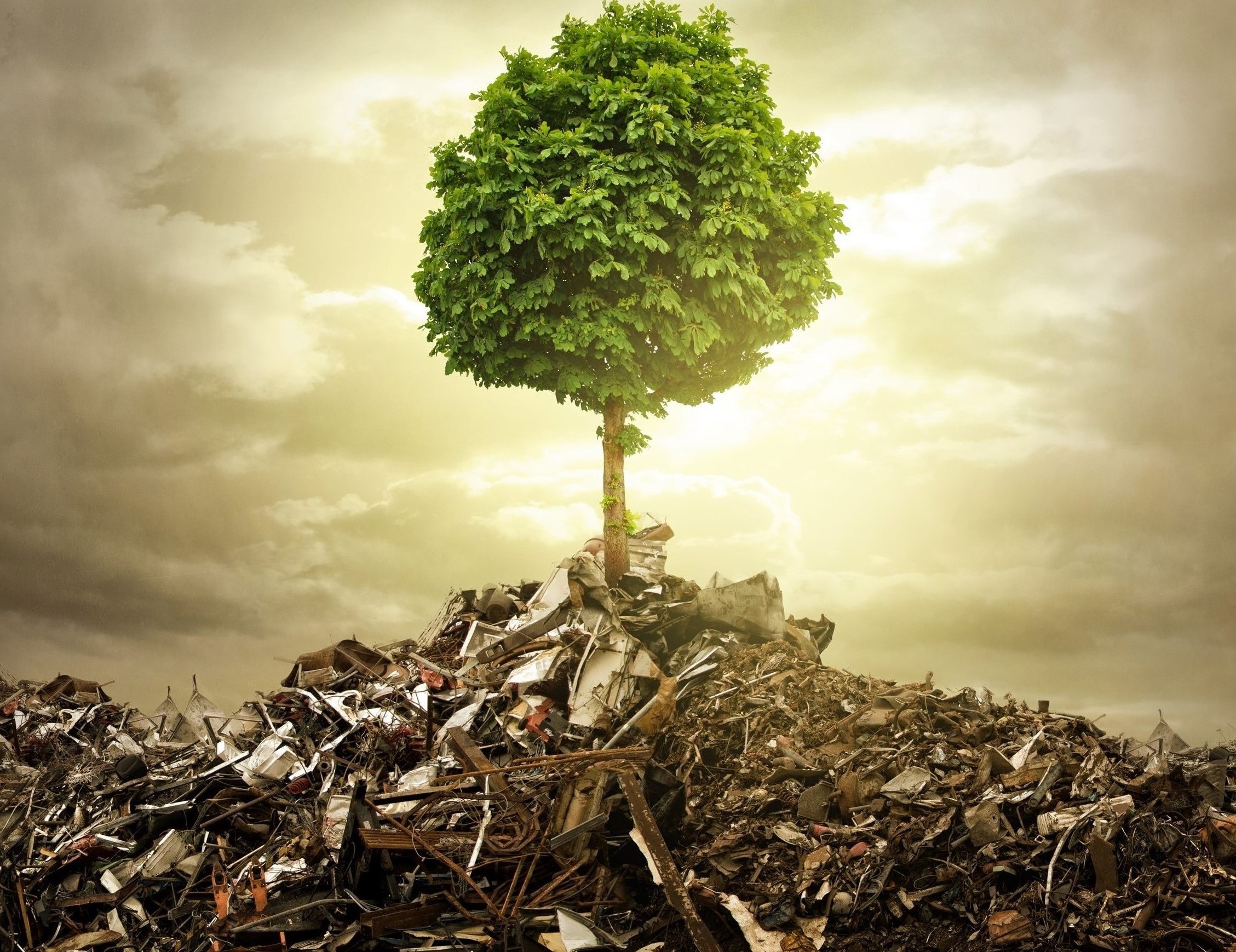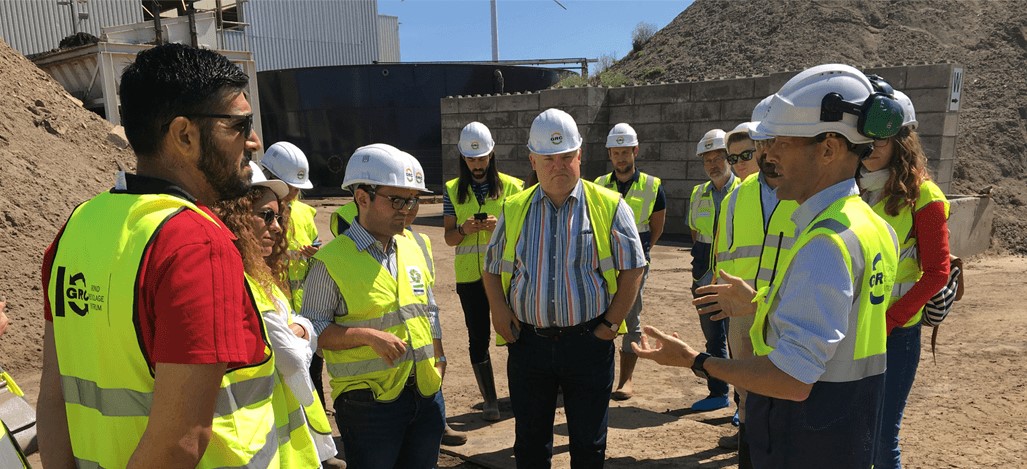The COCOON project was presented in a lecture at the landfill workshop ‘Deponierbau' in Zittau held on November 9 and 10, 2017.
The workshop was organised by the High school of Zittau/Görlitz and the Technical University of Liberec. This Landfill workshop is supported by the EU-project TESEUS – Transnational Educational project – Sustainable and Efficient use of Sources.
97 participants were present, among which 20 from Czech republic, 3 from Slovakia, 1 from Belgium and 63 from Germany. They discussed upon questions of developments in the field of landfills in the Czech Republic and Germany and reported about single landfill projects and progress in science and technics as well.
